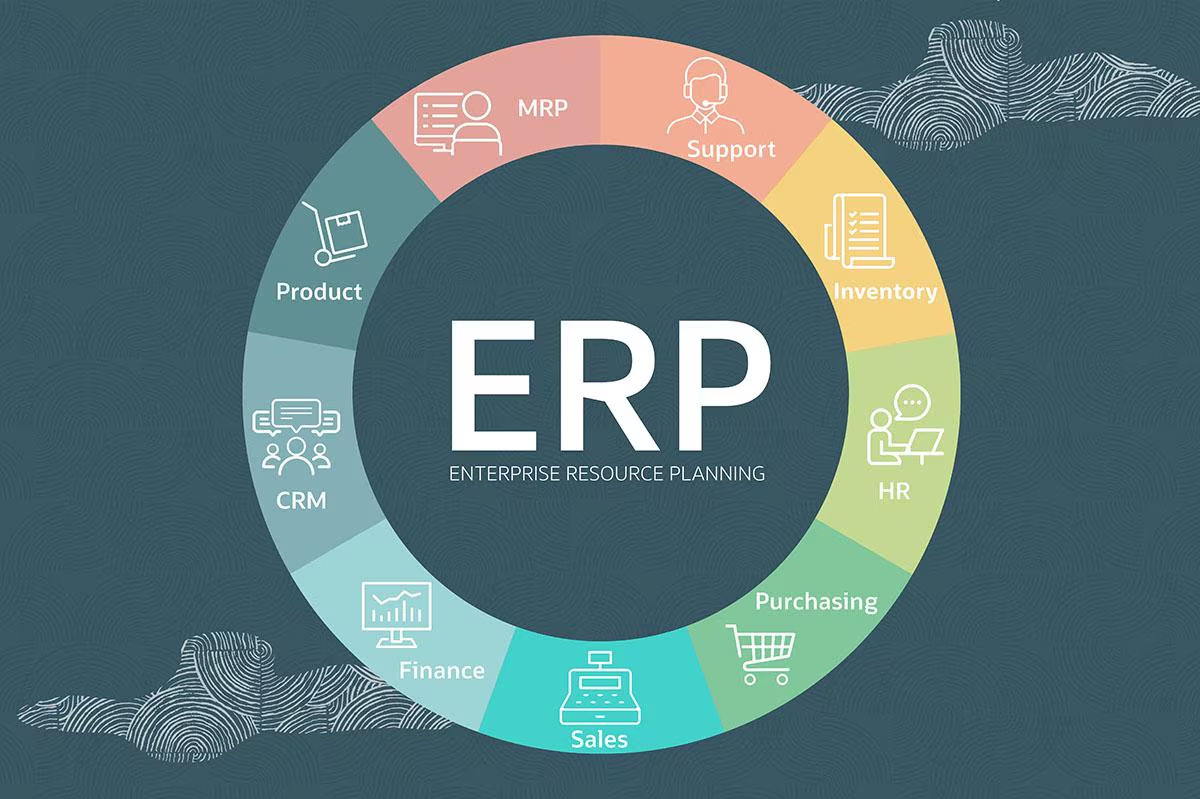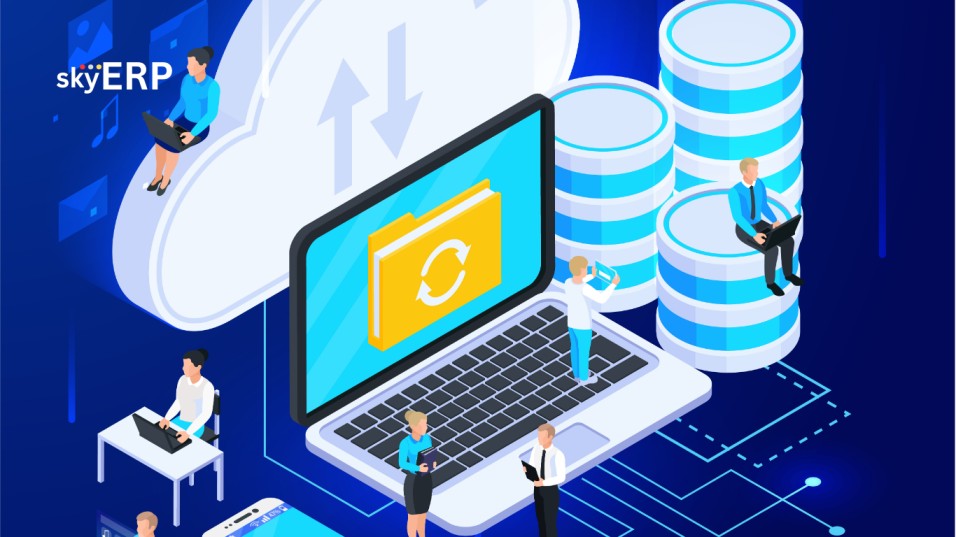Cloud ERP: A Modern Approach to Enterprise Resource Planning
Cloud ERP, or Cloud-ERP, is also known as the Enterprise Resource Planning system that is implemented on cloud computing.Corresponding to various fundamental organizational business procedures via the internet. Unlike traditional ERP systems installed on company servers or purchased as shrink-wrapped software, Activant Outlook comes packaged with value-added features. It provided on a company's localized servers, while Cloud ERP is centrally located with the third-party vendor and is best accessed over the web. Web from any device with web connectivity. Understanding the workings of cloud ERP is a crucial aspect for every business considering opting for it.
How Does Cloud ERP Work?

Indeed, cloud ERP is offered under the software as a service (SaaS) model of operation, where the user company subscribes to the service instead of owning it. enterprises subscribe to the product and get continuous and perpetual use of the application and its functionality. The vendor manages spearheaded by exceedingly slow internet speeds, it offloads the entire responsibility of managing servers, security, and maintenance to a company. IT resources.
Here's a breakdown of the core functionalities of Cloud ERP: Here's a breakdown of the core functionalities of Cloud ERP:Centralized Data Management: Cloud ERP provides real-time informations over business processes and serves as a single source of truth for all your business data, which means that important pieces of information from certain departments, such as finance, is included. These are inventory, customer relationship management (CRM), And supply chain management (SCM). This helps avoid situations where one person may have old data and another has new data; thus, all people work with correct data only. Streamlined Business Processes: Various The following are: There are several ways that cloud ERP eliminates manual jobs in business.
operations, work flow streamlining, and enhancing diverse aspects in various organizational departments and work settings. This can include automating tasks and even processes that allow batches of items to be delivered in one step for industries such as the processing of sales orders, accounts receivable, stock control, and the production of reports and statements. Enhanced Collaboration: Cloud ERP increases efficiency or streamlines various processes in a way that departments can easily work together as concerning the use of resources. it means that everyone has an equal view of the data and can collaborate in parallel. This fosters better organizational communication and facilitating the flow of decisions in the organization. Scalability and Flexibility: Cloud ERP can indeed be regarded as having a high level of scalability, which means that companies can easily expand or subscribers and capabilities, as the case may be, can be eliminated. This makes it as an ideal solution for situations that involve heavy workloads and high levels of report complexity. individual ventures, small businesses, and large companies that are established and exist all over the world. Accessibility and Mobility: Cloud ERP means that all these applications can be accessed through the internet; users do not need to be physically present in a specific location. the system from anywhere, anytime, and from any internet-connected device with the capability of accessing websites. This provides greater flexibility during a work-from-home situation and also convenient for employees when on the move.
Benefits of Cloud ERP
- Reduced Costs: Cloud ERP eliminates the upfront costs of buying and maintaining hardware and IT infrastructure. Additionally, subscription-based pricing allows for better budgeting and cost predictability.
- Improved Efficiency: Streamlined workflows, automated tasks, and real-time data access lead to significant improvements in operational efficiency.
- Enhanced Visibility and Decision-Making: Cloud ERP provides a holistic view of your business, allowing for data-driven decision-making across all levels of the organization.
- Increased Security and Scalability: Cloud providers invest heavily in security measures and data centers, ensuring a robust and secure environment for your business data. Cloud ERP also offers easy scalability to accommodate business growth.
- Faster Implementation and Time to Value: Cloud ERP solutions can be implemented much faster.
- faster than traditional on-premise systems, allowing businesses to see a return on investment (ROI) quicker.
Is Cloud ERP Right for Your Business?
Cloud ERP offers numerous advantages for businesses of all sizes. Here are some factors to consider: When deciding if cloud ERP is right for you:
Your Business Size and Complexity: Cloud ERP is well-suited for businesses of all sizes, but it can be particularly beneficial for growing businesses and those with complex operations that require robust data integration.
Your IT Budget and Resources: Cloud ERP can help reduce IT costs and free up IT resources for more strategic tasks.
Your Security Concerns: Cloud providers offer robust security measures, but it's important to choose a reputable vendor with a strong track record of data security.
Your Integration Needs: Ensure the cloud ERP solution you choose integrates seamlessly with your existing business applications.
Manage your entire business with our integrated ERP software . Contact us today for a free trial and see how we can revolutionize your operations in Saudi Arabia!
Free trail



